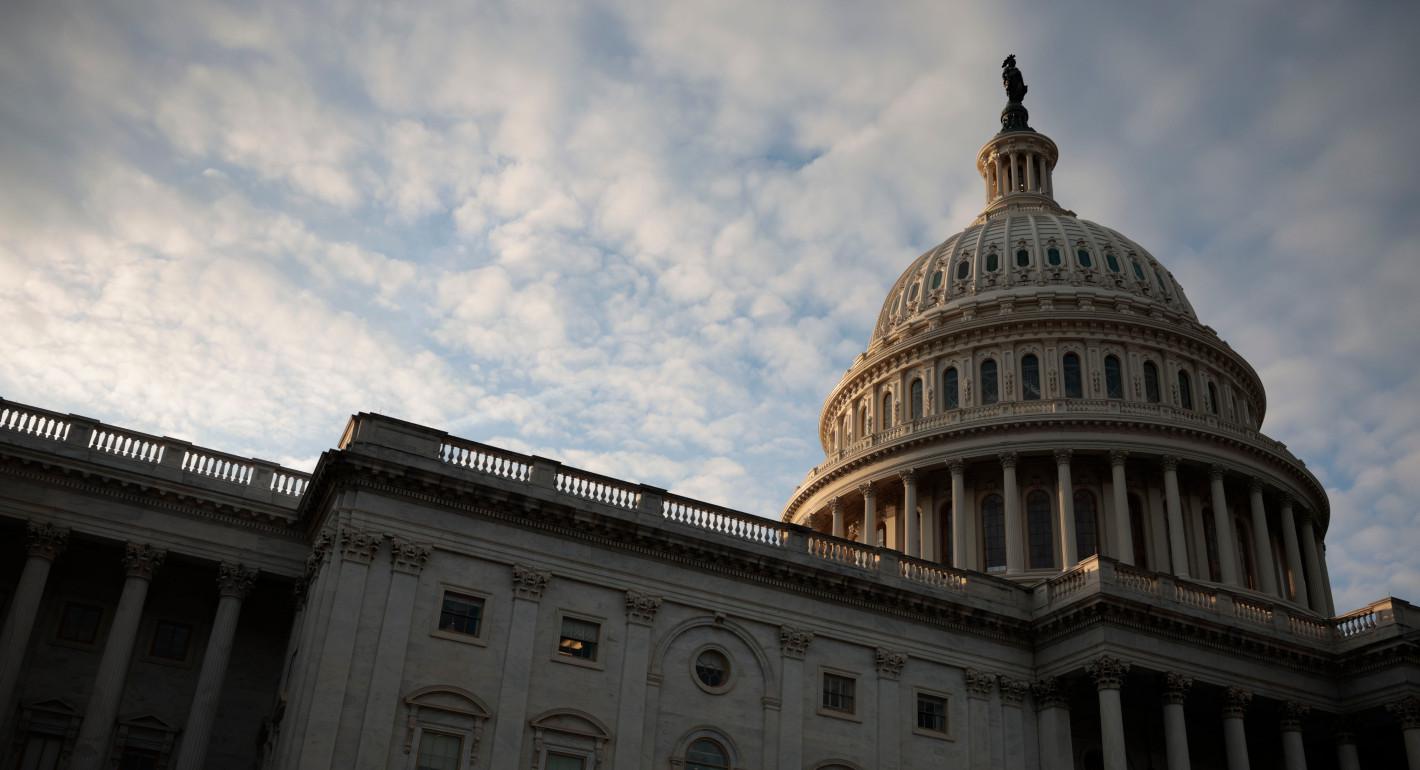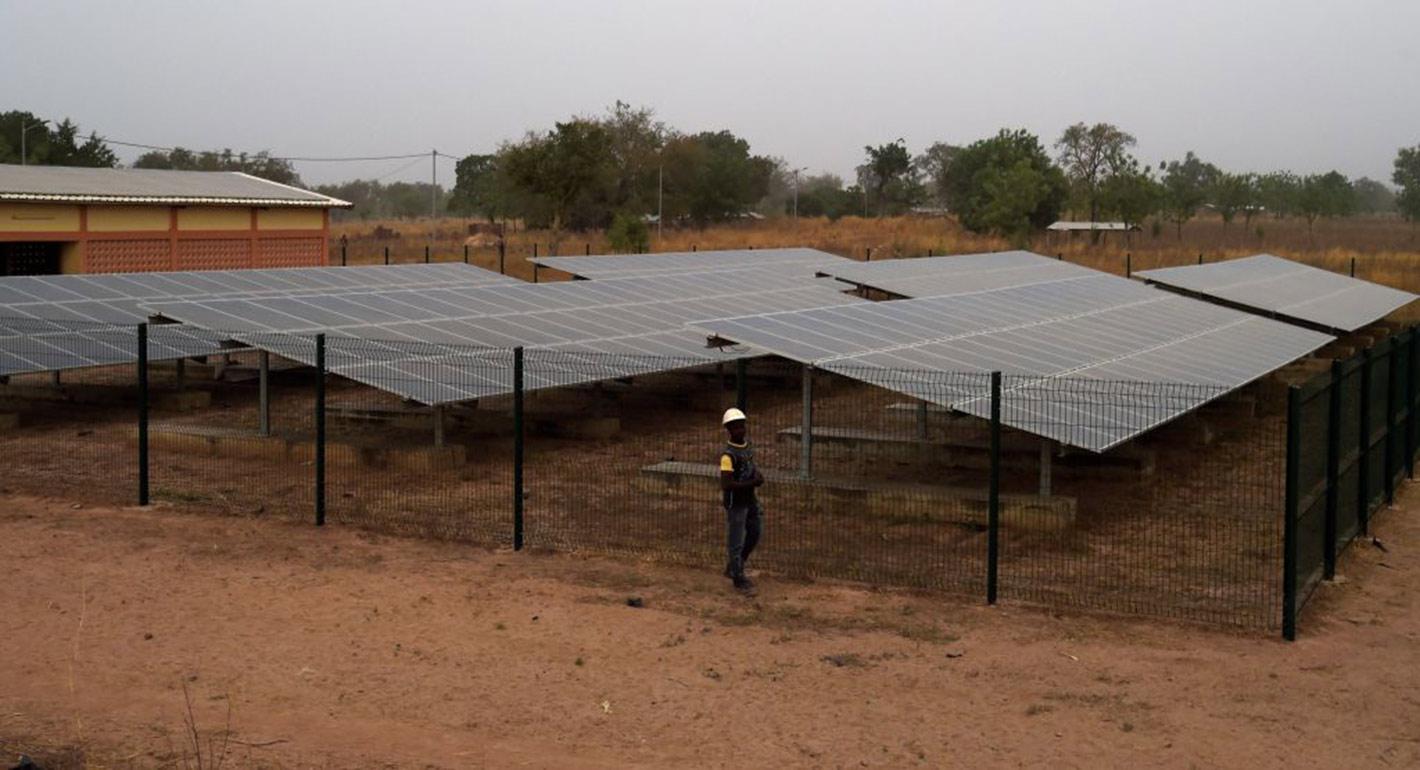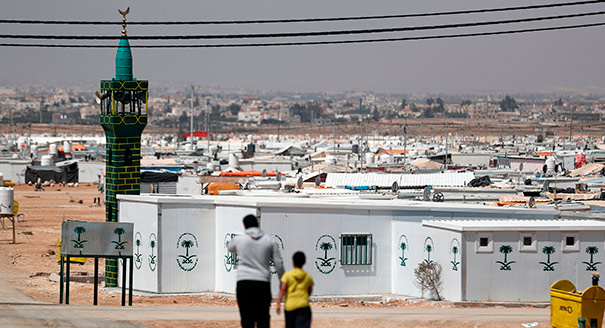1 to 10 of about 245

African policymakers should embrace a more pragmatic economic agenda that recognizes and capitalizes on Africa’s comparative edge: a greater abundance of land rather than low-cost labor.

The success of the new U.S. investment strategy may ultimately depend on how a bill in Congress addresses these key components.

The nuclear-armed SLCMs would not be buildable until the early 2030s, so there is time for serious debate.

The European Green Deal is mainly a collection of internal EU policy instruments, yet its potential impacts will reach African countries. Such effects will be felt in the market for agriculture, fossil fuels, and other natural resources.

Europe and the United States have adopted new courses on China policy over the last four years. Yet actual results are still lagging behind China’s many actions and initiatives.

The United States and China must cooperate on arms control. But to do so, the two countries need an innovative approach.

The Gaza Strip faces a confluence of poor conditions allowing for rapid coronavirus spread. The United States must help prevent a worsened humanitarian catastrophe.

Russia’s violation of the INF Treaty is a serious problem. However, U.S. withdrawal from the treaty without an effective strategy to focus political blame and strategic pressure on Russia, and to unify allies in a shared effort to stabilize alarming military competitions, would be counterproductive.

Federal cybersecurity will be an enduring mission, always evolving and changing to stay ahead of the threat.

A sustainable political settlement to end the multiple conflicts in Syria will not be possible without a real focus on the challenges of refugee returns.